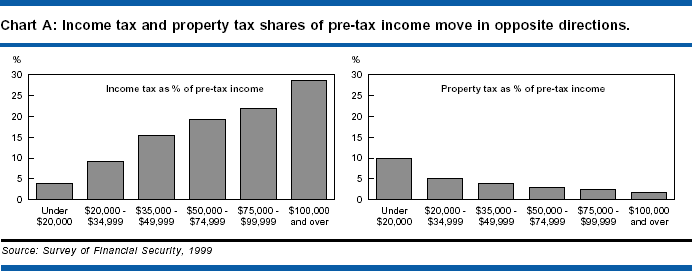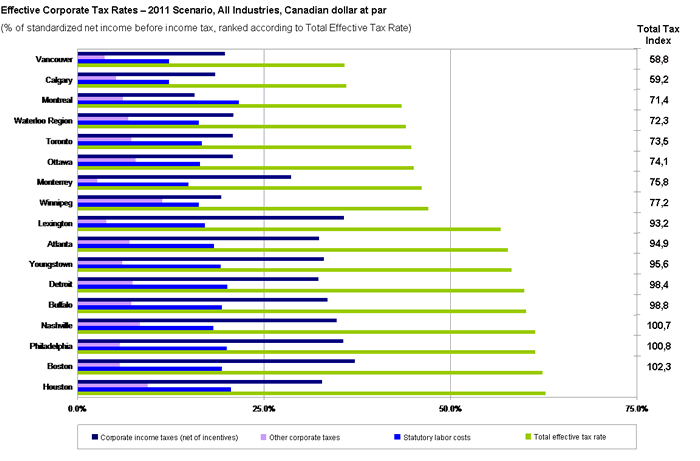Quebecers pay more in taxes than most North Americans high tax rates hurt overall economy
Post on: 16 Март, 2015 No Comment

Quebecers pay more in taxes than most North Americans, high tax rates hurt overall economy
Release Date:
September 25, 2014
MONTREAL—As the Quebec government orders a review of the province’s tax system, Quebecers continue to pay some of the highest taxes in North America, finds a new study released today by the Fraser Institute, an independent, non-partisan Canadian public policy think-tank.
The study, Quebec’s Tax Competitiveness: A Barrier to Prosperity. compares Quebec’s tax rates (personal, corporate, payroll) to other Canadian provinces and American states in 2014, and examines the effect on Quebec’s economic performance over the past 10 years.
“Across the income scale, Quebecers pay more in taxes than virtually anyone else in Canada and the United States,” said Sean Speer, study co-author and associate director of the Fraser Institute’s Centre for Fiscal Studies.
For example, Quebecers making $50,000 a year pay 16.37 per cent in personal income taxes, the highest rate among all Canadian provinces and U.S. states, while Quebecers making $150,000 pay 20.97 per cent, the second highest rate for that income category. Factor in federal income taxes, and the burden grows heavier. Quebec also has a higher corporate tax rate (11.9 per cent) than Alberta, British Columbia and Ontario.
Quebec’s lack of tax competitiveness, particularly for individuals, has contributed to a relatively poor economic performance over the past decade.
The study finds that between 2003 and 2012, Quebec’s 1.5 per cent average annual GDP growth (the value of all goods and services) was the fourth lowest growth rate among Canadian provinces.

Moreover, during that same period, Quebec had a worse per person GDP (a common standard of living indicator) than the rest of Canada combined, and ranked second last in the country in per person GDP growth (0.7 per cent).
On the employment front in Canada, only the four Atlantic provinces had higher average unemployment rates (from 2003 to 2012) than Quebec’s 7 per cent. And Quebec’s gross fixed capital formation growth, which measures the level of business investment, was the fourth lowest in the country.
Why does Quebec, Canada’s second most populous province, struggle when compared to other jurisdictions on these key economic indicators?
When taxes are high, notes the study, individuals save less money, fewer new businesses spring up, and established businesses hire less people and curb their investments. Also, Quebec’s tax rates may scare off high-skilled workers such as doctors and engineers who chose jurisdictions with lower tax rates.
“There’s no doubt taxes play a vital role in society, but to improve Quebec’s economic prospects and competitiveness in North America, Quebecers and the Quebec businesses need a lighter tax burden,” Speer said.














